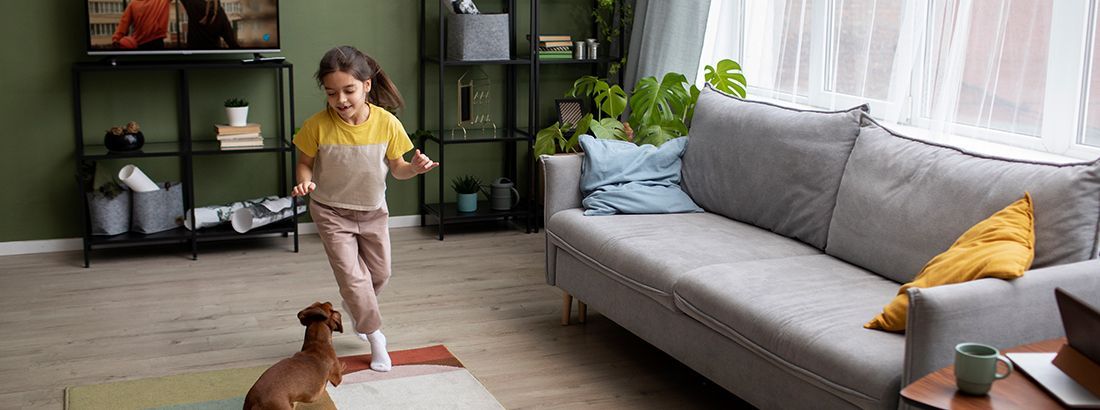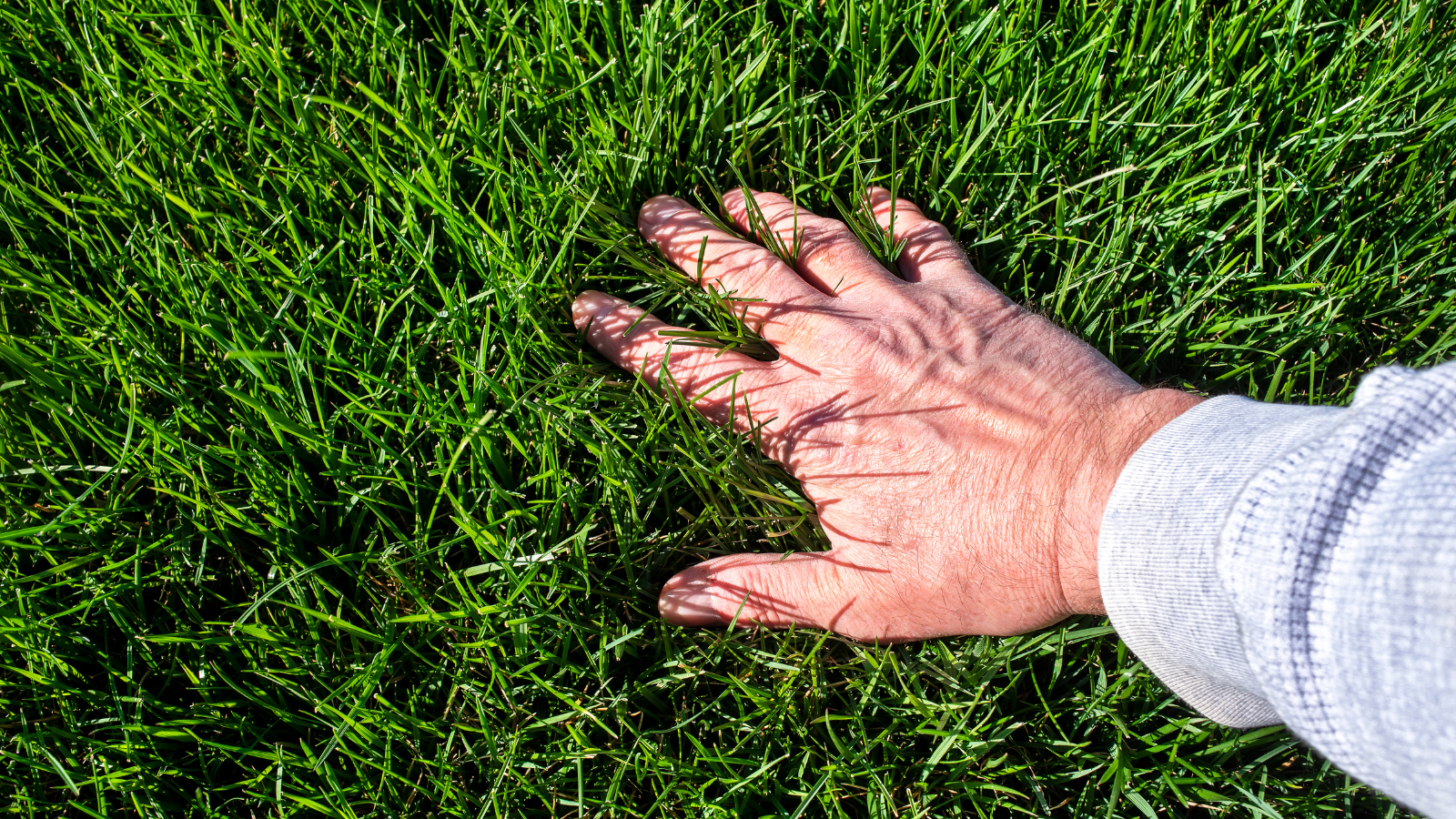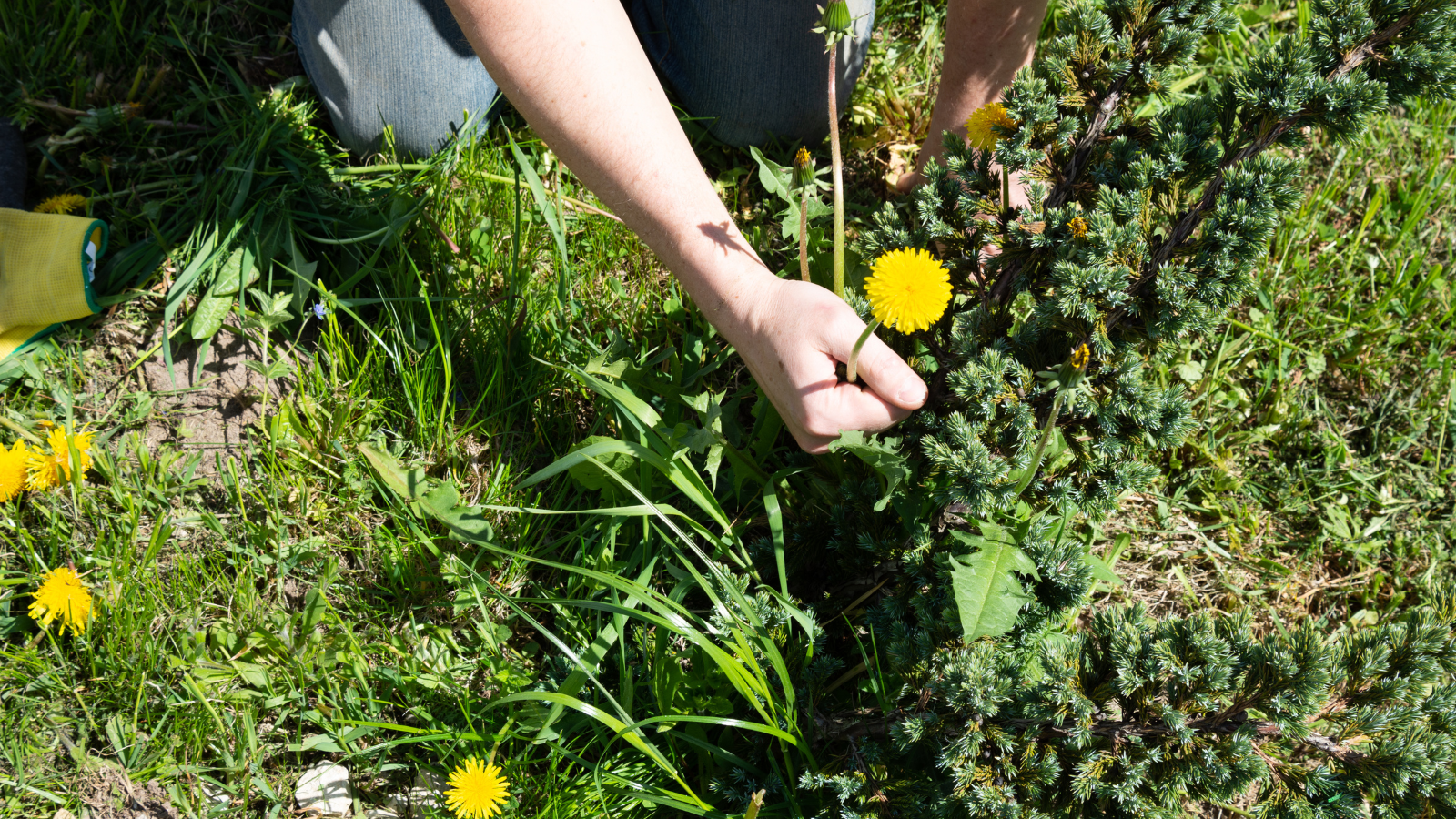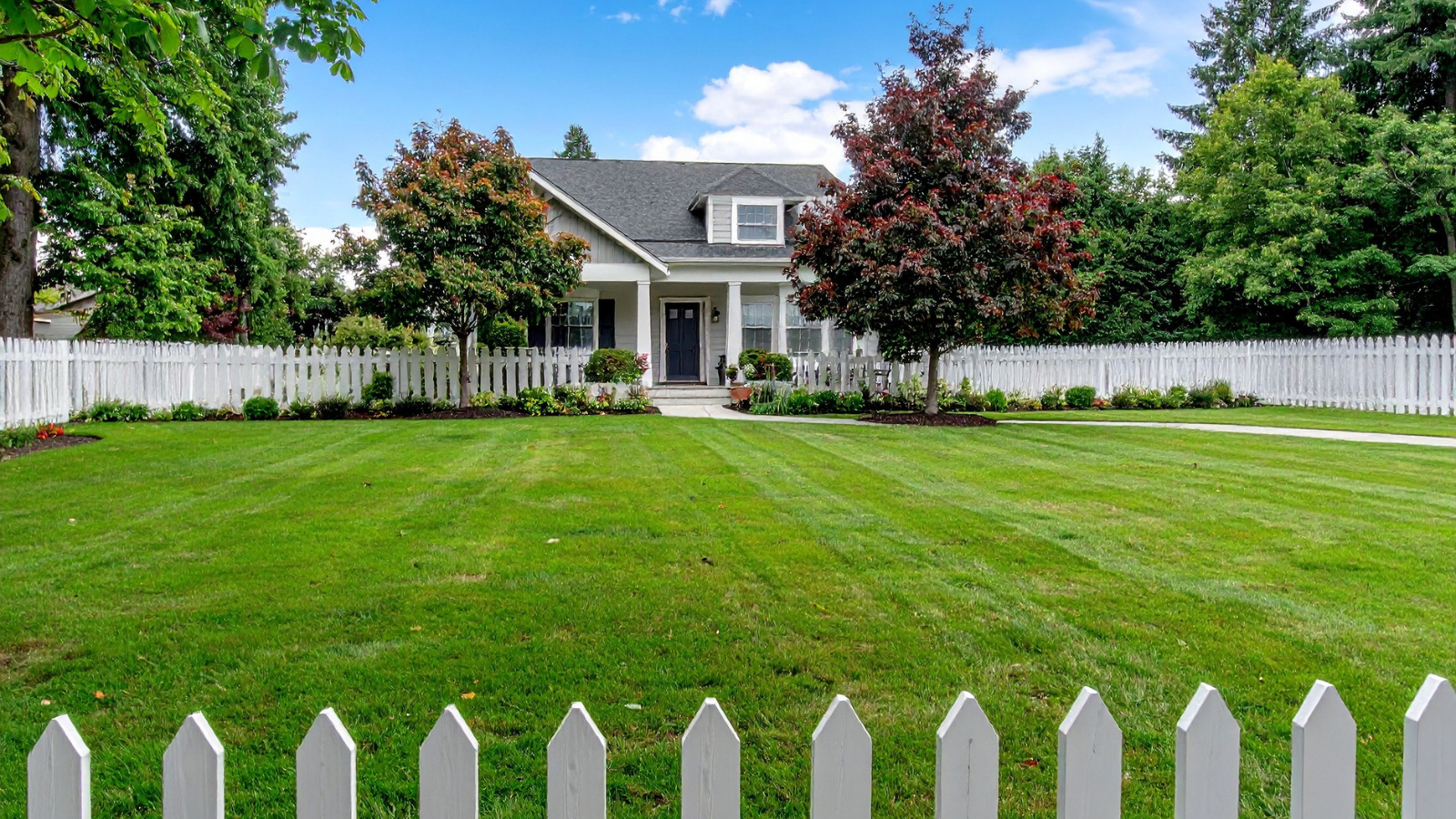June 30, 2023
Professional Outdoor Pest Control For Michigan Yards: Protecting Your Pets from Harmful Chemicals
A lush and vibrant lawn is a point of pride for many homeowners, but maintaining that lush, green appearance involves using fertilizers and pesticides. While these products effectively promote healthy grass growth and eliminate unwanted pests, they can pose a significant risk to our beloved pets. This comprehensive guide explores the dangers of lawn care products and offers practical advice for ensuring the safety of your pets while maintaining a beautiful Michigan yard.
The Dangers of Fertilizers and Pesticides to Pets
Our pets are naturally curious creatures that love to explore their outdoor surroundings. However, their proximity to the ground and tendency to sniff, lick, and roll around in the grass exposes them to the harmful chemicals in many fertilizers and pesticides. These substances can cause serious health problems in pets, ranging from skin irritation and digestive issues to more severe complications such as organ damage, neurological disorders, and even death.
Common Toxic Lawn Products
Several lawn care products commonly used in yards can threaten our pets' health. The following four categories of products are particularly concerning:
- Pesticides and Insecticides:
These chemicals are designed to eliminate insects and other pests but can also harm our pets. Common toxic ingredients include Acephate, Chlorpyrifos, Diazinon, Disulfoton, Fonofos, Malathion, Parathion, Terbufos, Carbofuran, Methomyl, and Metaldehyde.
2. Herbicides:
Used to control weeds and other unwanted plants, herbicides also pose a risk to pets. Watch out for products containing Glyphosate, Pyridine, Dinitroaniline, Disulfoton, Sodium Arsenite, Metaldehyde, Ammonium Sulfamate, Borax, Benzimidazole, and Chlorophenoxy Herbicides.
3. Fertilizers:
While the main components of fertilizers may not be inherently toxic, they can still cause gastrointestinal distress in pets when ingested. Some fertilizers also contain iron, which can lead to iron poisoning in pets.
4. Mulch:
Cocoa bean hull mulch, a popular choice among gardeners, is toxic to dogs due to its chocolate content.
Recognizing the Signs of Toxic Exposure
If your pet has been exposed to harmful lawn care products, it may exhibit various symptoms, depending on the chemical involved. Some common signs of pesticide or herbicide poisoning in dogs and cats include vomiting, diarrhea, seizures, rapid heart rate, tremors, collapse, weakness, excessive urination, and abdominal pain. In severe cases, exposure can lead to organ failure or death.
How to Keep Your Pets Safe from Lawn Chemicals
To ensure the safety of your pets while maintaining a beautiful Michigan yard, consider the following precautions:
- Choose Pet-Safe Products: Opt for professional outdoor pest control for your yards that use pet-friendly alternatives to traditional pesticides and herbicides. Many non-toxic options can effectively control pests and weeds without harming your pets.
- Proper Storage: Store all lawn care products in a secure, pet-proof location, preferably in original containers. This will prevent accidental ingestion and ensure important safety information is readily available in an emergency.
- Remove Pet Items Before Treating: Before applying any chemicals to your lawn, remove all pet toys, dishes, and bedding to prevent contamination.
- Restrict Access to Treated Areas: Keep your pets out of treated areas during and after application by using barriers or closely supervising them. This will minimize their exposure to potentially harmful chemicals.
- Practice Good Paw Hygiene: Regularly inspect your pets' paws for signs of irritation, and clean them thoroughly after they have been in contact with treated areas. This will help prevent the ingestion of toxic chemicals through grooming.
- Monitor Public Spaces: Be aware of the potential for chemical exposure in public spaces, such as parks and commercial properties. Look for posted signs indicating the use of lawn care products and avoid these areas with your pets.
- Organic and natural alternatives: Consider using organic and natural alternatives to fertilizers and pesticides. Compost, natural pest repellents, and eco-friendly weed control methods can be effective in maintaining a healthy lawn while minimizing the risks to pets.
- Safe lawn care practices: Water the lawn adequately to dilute any potential chemicals, mow the grass to an appropriate height to reduce exposure, and regularly test the soil to determine the specific needs of the lawn.
- Pet-friendly landscaping: Design the outdoor space with pets in mind, including creating designated play areas, using pet-safe plants, and installing fencing or barriers to keep pets away from treated areas.
- Educating neighbors and community: Share information with your neighbors and community members about the potential dangers of lawn care products to pets. Consider organizing local workshops or reaching out to local gardening and landscaping organizations.
- Indoor pet safety: Keep pets away from freshly treated areas until they are dry, and regularly clean their paws after outdoor activities to prevent potential chemical exposure.

When Is It Safe for Pets to Return to Treated Areas?
Waiting enough time before allowing your pets to access treated areas is crucial. Generally, it takes up to three days for chemicals to be absorbed into the grass. As a rule, wait 48-72 hours after applying any lawn care product before letting your pets roam freely. However, always follow the manufacturer's specific recommendations for your product, and consider additional precautions to ensure your pets' safety.
In Case of Emergency, If you suspect that your pet has been exposed to toxic lawn care products, contact your veterinarian immediately.
By choosing professional outdoor pest control for Michigan yards that prioritize pet safety, using pet-friendly lawn care products, and implementing the suggested precautions, you can enjoy a beautiful, healthy landscape without putting your furry friends at risk. With the right approach, you can create a safe and welcoming outdoor environment for your entire family, including your pets.
To learn more about pet-safe lawn care products and professional outdoor pest control services that prioritize pet safety, visit Visionary Fertilizer's website at https://www.visionaryfert.com/. Take the next step in creating a beautiful, healthy lawn without compromising the well-being of your furry friends.




